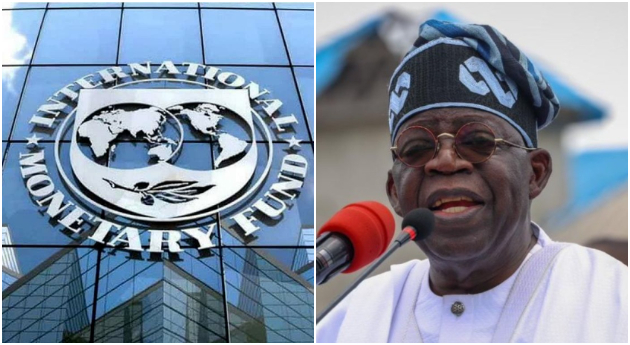
The International Monetary Fund (IMF) has said that President Bola Tinubu’s decision to remove fuel subsidy will benefit poor Nigerians.
The IMF director of the African Department, Abebe Selassie, stated this at the IMF/World Bank Spring Meeting in Washington DC.
Despite the hardship in the country, the international lender said that the Nigerian government must put an end to fuel subsidy.
Salessie believes that fuel subsidy only favours the rich and impoverishes the poor.
He stressed the need for Nigeria to abolish fuel subsidies, citing their adverse impact on the nation’s most vulnerable citizens.
Selassie argued that these subsidies predominantly benefit the wealthy, at the expense of the poor.
“Subsidies are about resource allocation internally within Nigeria. So Nigerians, the people of Nigeria pay for these subsidies,” he said.
“And the reason why we counsel against such generalized subsidies is very simple. It tends to be highly regressive, meaning the benefits of such fuel subsidies tend to accrue to the rich and not to the poor people.”
He maintained that by eliminating fuel subsidies, resources could be redirected towards improving conditions for poorer citizens rather than disproportionately benefiting the affluent.
He urged the Tinubu administration to prioritize the provision of essential social protection for the most vulnerable members of the society.
